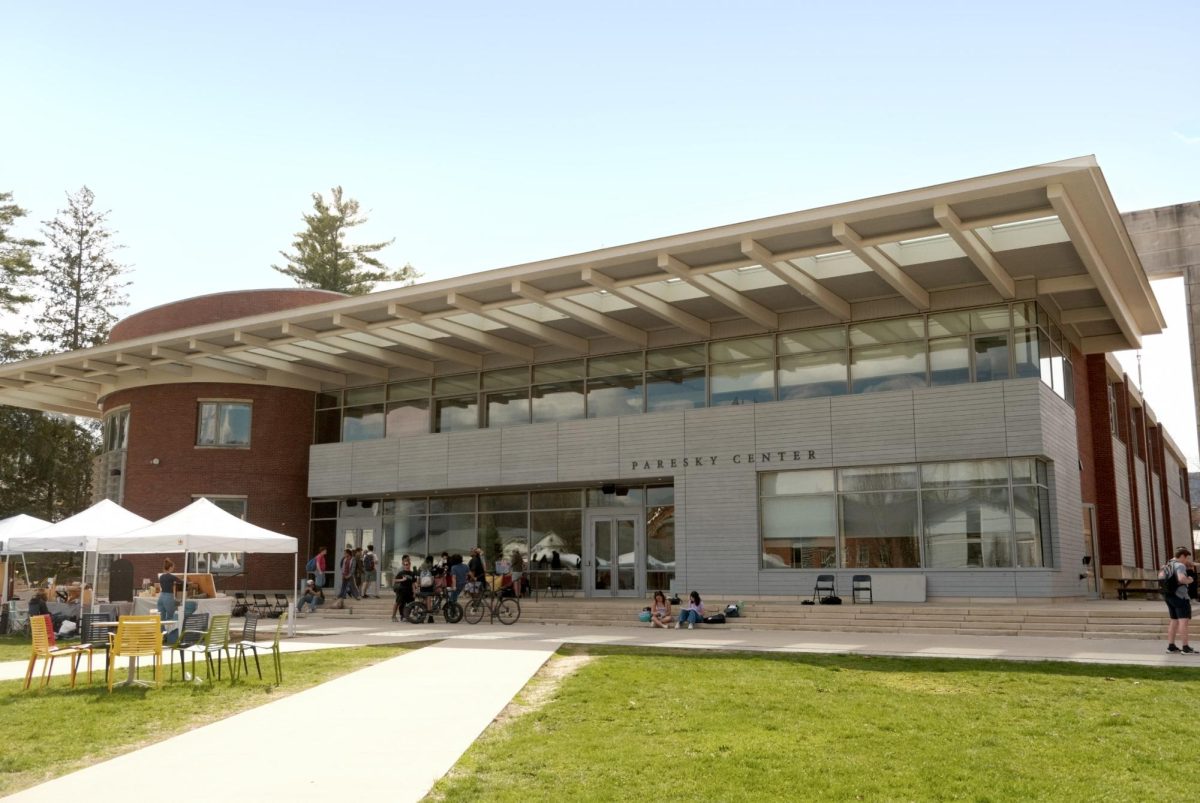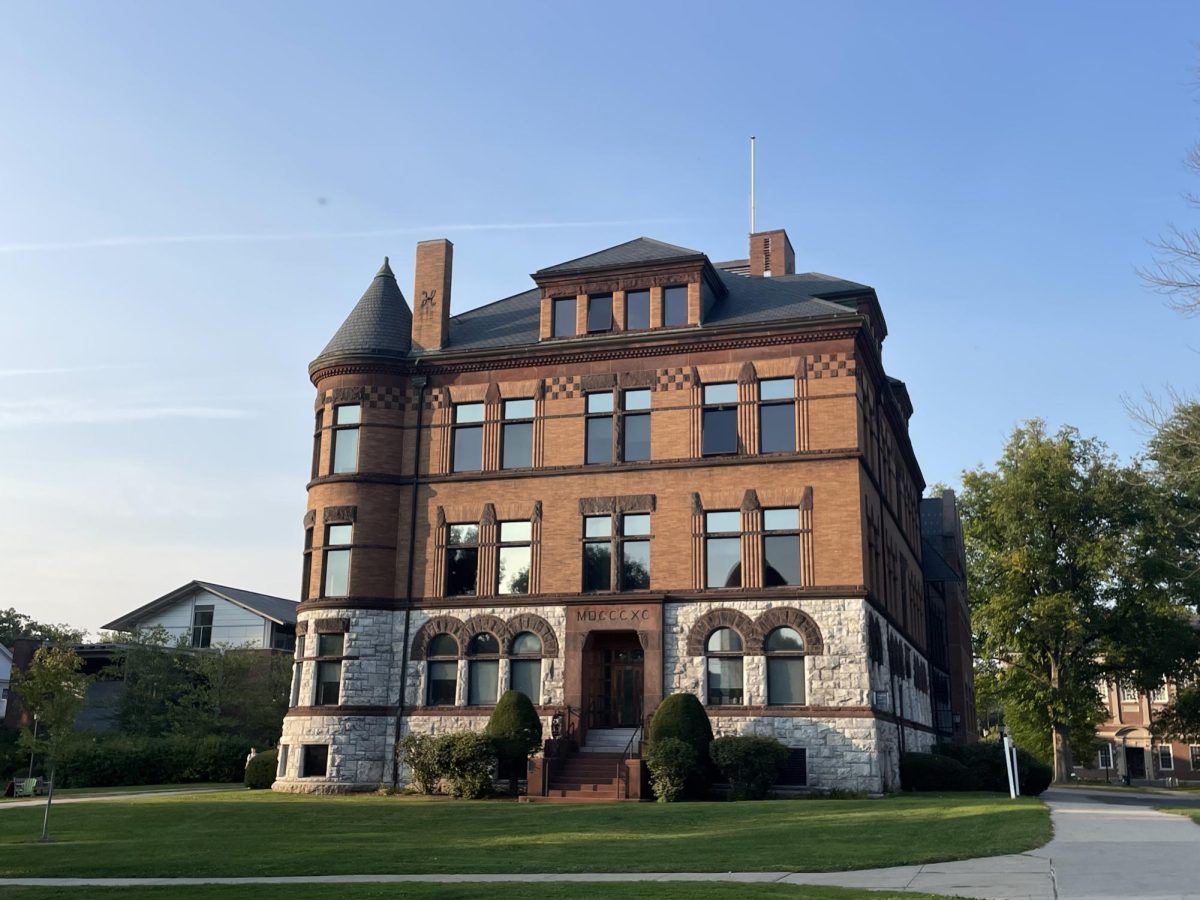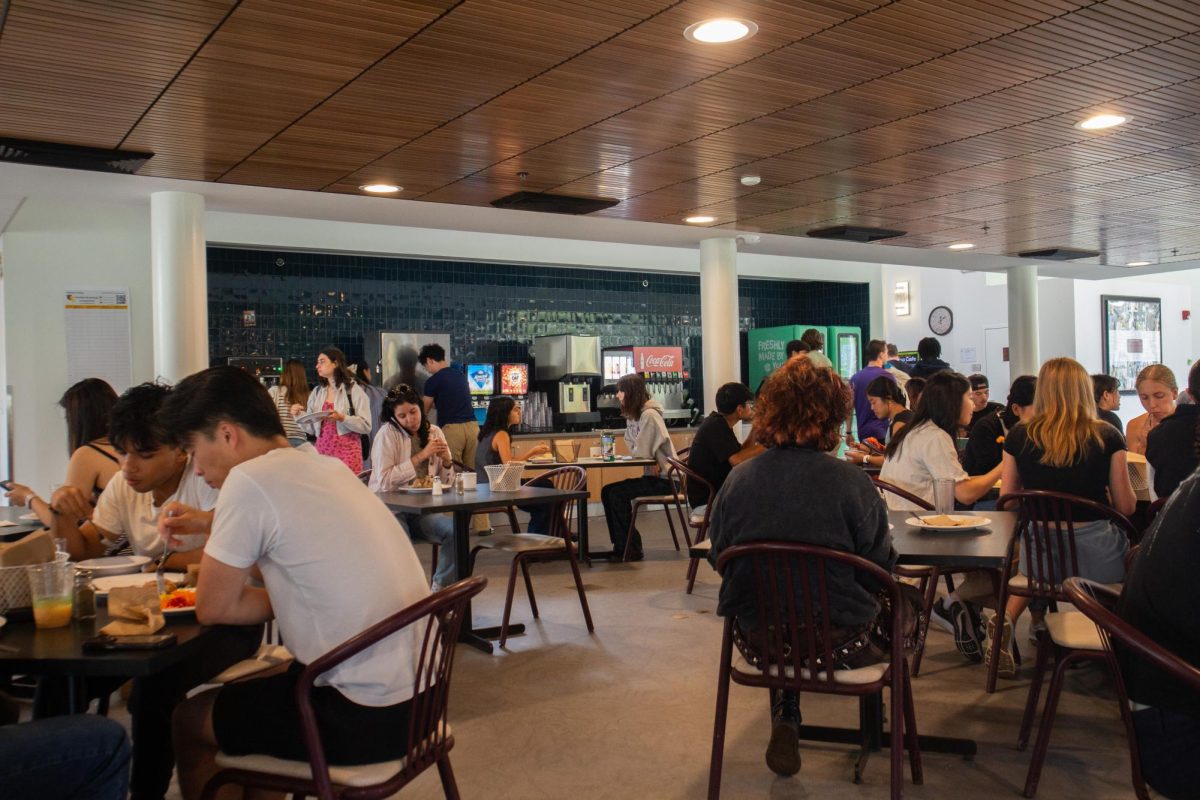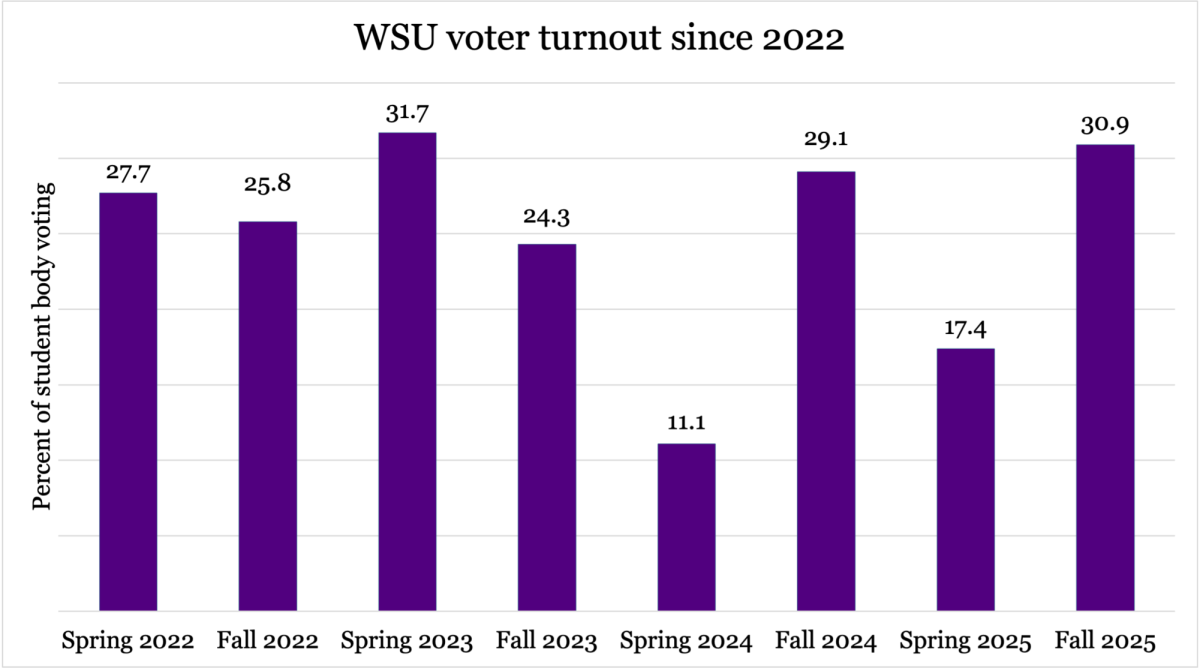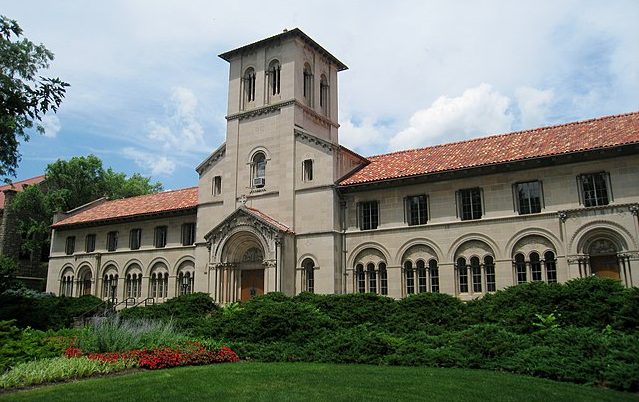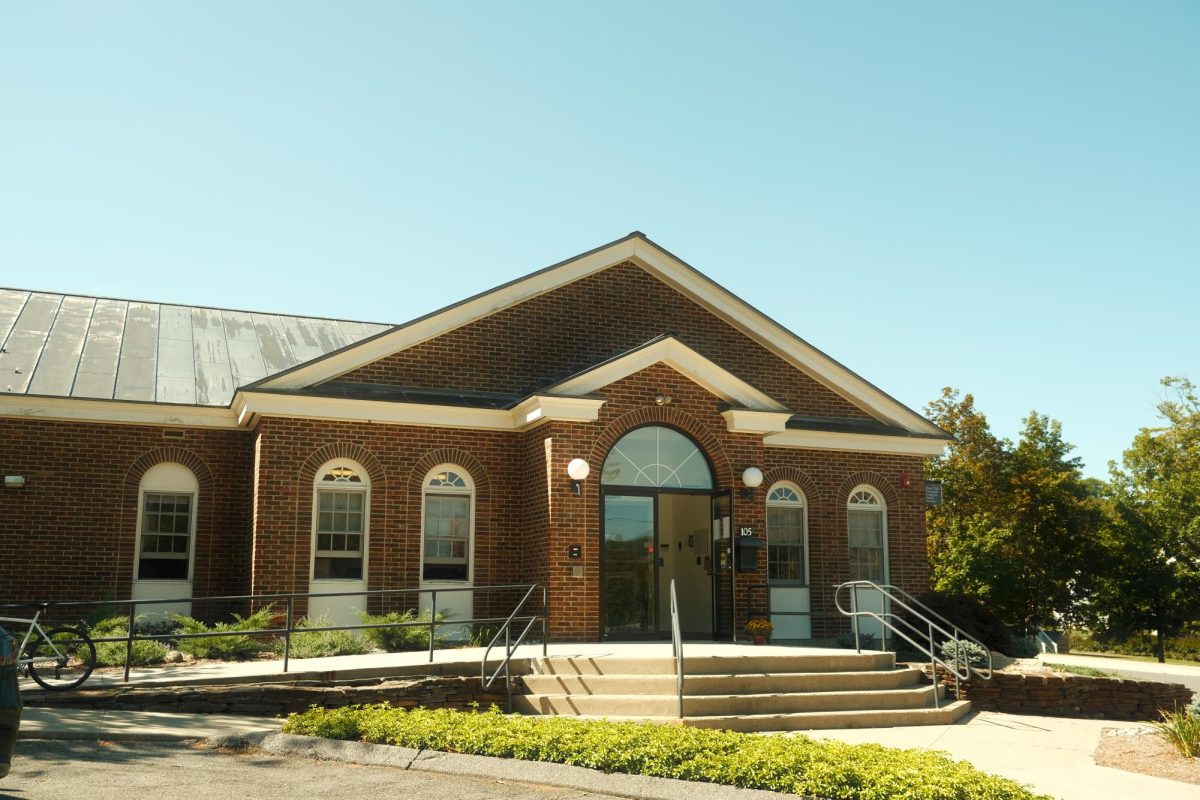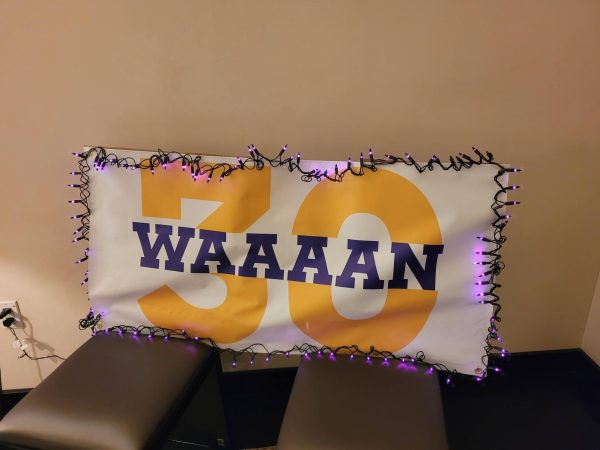
Students, alums, and family members gathered in Lower Manhattan on Jan. 27 to celebrate both the 30th anniversary of the Williams Asian and Asian American Alumni Network (WAAAAN) and the push for the Asian American Studies program.
As one of the six alumni affinity networks at the College, WAAAAN aims to create lasting relationships between Asian and Asian American alums and encourage discussion and activism around Asian American and social justice causes, according to the alumni network website.
Bernard Lau ’85, one of the founders of WAAAAN, was invited by the alumni office to speak at the College nearly a decade after his graduation, he wrote in an email to the Record. At that point, the Williams Black Alumni Network (WBAN) and the Williams Latino/Latina Alumni Network (WLAN) had already been established.
“When I was a student at Williams, we had a small number of students of Asian descent,” Lau wrote. “I cannot even remember more than a number in the teens in my graduating class. But when I visited the campus in October 1993, I was so surprised and glad to see quite a large crowd.”
Lau, along with Julie Chae ’87, founded WAAAAN to represent Asian and Asian American alums at the Williams Executive Committee meetings and to represent alum interest in giving back to the College. The pair became the network’s first co-chairs.
The network has been active for 30 years, a legacy celebrated by the anniversary event on Jan. 27. Attendees were encouraged to fill out an icebreaker bingo sheet to network with fellow Ephs, participate in karaoke and a photo booth, and enjoy slices of a purple cake to celebrate WAAAAN’s 30th birthday. Shawei Wang ’96, Frances Leung ’25, Sunny Hu ’24, Lau, and Chae gave remarks at the end, discussing the historic nature of the event and establishment of the Asian American Studies (AAS) concentration.
In an interview with the Record, Wang, a member of the event’s planning committee and the WAAAAN Steering Committee, explained that the Women of Williams Conference motivated her to organize the anniversary party because she saw the excitement from alums about such an event.
“I think we succeeded in bringing people together,” Wang said. “It was nice to have people who were [from] more than one class, because reunions are usually just your own class, and this is broader than that.”
Leung and Hu, student organizers for the Asian American Studies (AAS) Student Committee, emphasized the event’s importance in bringing together generations of activists for the AAS concentration. “Something that was really rewarding for me was after I talked about Asian American Studies, an alum who co-chaired [Asian American Students in Action] … came to talk to us,” Hu told the Record.
“There was a kind of a mutual sharing of information about what Asian American Studies is now,” Leung added.
In order to ensure the longevity and success of the concentration, WAAAAN established the Endowed Asian American Studies Fund, which directs alumni donations to the AAS program. “There’s a lot of demand on these young professors for their time because so many students want to write papers and theses on [Asian American Studies] topics,” Wang said. “The professors have to both teach classes and serve as mentors, and it’s a lot.”
Leung said the additional money from the fund could support student research, speakers, or workshops. Hu said she believes the fund could also ease concerns within the administration about supporting the program in the future. “[The AAS Student Committee is] also advocating to the administration for an increased budget and additional funding given to the ethnic studies programs, so there’s still some forms of support if the administration cannot give additional hiring lines,” Hu said.
Other attendees expressed their surprise at WAAAAN’s more recent history in comparison to other alum networks at the College. “To be honest, I didn’t realize that WAAAAN was 30 years old and that the people who founded it were also at the event,” said Victoria Wang ’17. “It’s kind of crazy to me that it’s so recent, considering that Williams College was founded in the late 1700s.”
One of the major takeaways from the event was the power of connection between alums and students. “I think that’s one of the best things about Williams — it’s really a lifelong affiliation, so the learning and the connection doesn’t end after four years,” Wang said. “There’s always going to be that commonality. It really adds meaning to my life.”









